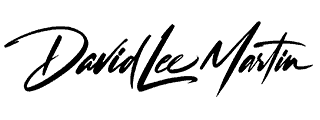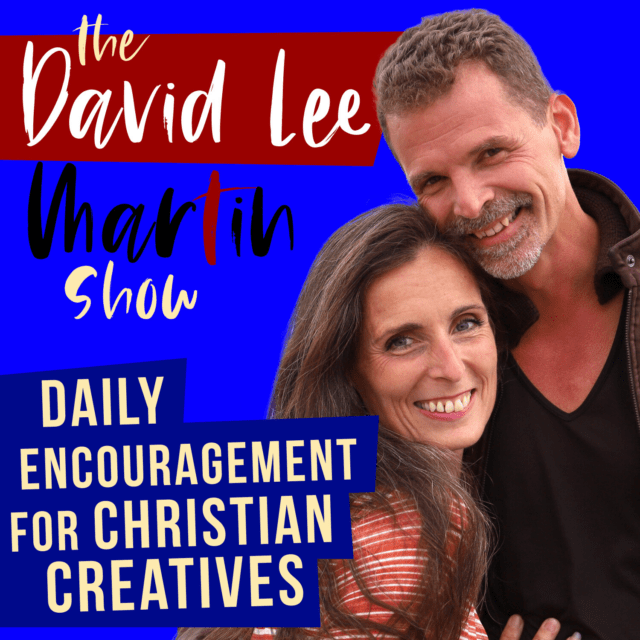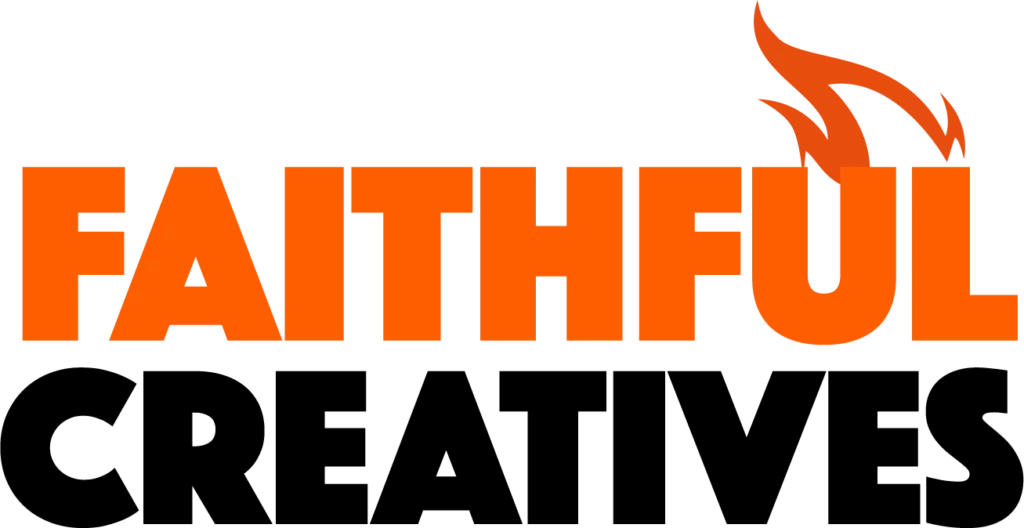Avoid overwhelm, deliver outcomes, not just inputs.
Mentioned in this episode, my favorite online course delivery platform Podia
TRANSCRIPT
Please note: this transcript is auto-generated so forgive any (or many) errors 😲 – click the timestamps to play that section directly in the audio.
00:00:02.620]
I want to jam around the ideas of delivering content and delivering value through your online courses and online education today, you know, say if you’re sharing your value and kind of putting your words out to the world through online training and events and things, I just wanted to kind of, as I say, just jam around this idea. It’s not necessarily kind of a nice one, two, three, four or five step thing. It’s more just sharing some of my experience and thoughts around it.
00:00:40.270]
And I would absolutely love to hear what what your thoughts are around this to you. Now, the picture that I got when I was thinking about delivering value was actually the way I started writing about this. I said, you do? Yeah. You need to have your peas on a plate or they just roll on the floor and then ask the question, know what I mean? Like, really? No, I’ve got no idea what you’re talking about.
00:01:10.960]
And the picture that I saw, really I mean, if you were my kids and my two younger kids, even on a plate, the peas end up on the floor. But nevertheless is that we can have all of the goodness that we want to deliver. We can have all of the value that we want to bring to people. But if we don’t present those that goodness in a way that is that makes sense and that people can come and partake of easily if they’re just rolling around on the table randomly, it makes it very difficult for people to really partake of that value.
00:01:53.410]
And, you know, what we want to do is plate up at content in a way that really delivers that value in a manner that is consumable and helpful and beneficial for the end user, it for our students, for our audience. And so choosing the way that we deliver and knowledge and then just shifting from the picture of delivering food on a plate to actually delivering knowledge, it’s very much the same as if we are creating a meal. There are different ingredients that go into that meal to make it like a remarkable.
00:02:33.940]
And I think that there are three things here that I would and there’s a fourth as well that I’d want to add. But three essential elements at the outset would be you got to really put in the right amount of inspiration, education and application. You’ve got to put all of those on the plate to really kind of bring and promote your audience and help them to move steps forward. And, you know, our online courses need to deliver outcomes, not just inputs.
00:03:09.160]
And I’ve made this mistake in the past myself thinking that just more content equals more value where we come in and just deliver like speed, fulls of content, all of it good, all of it worthy, all of it helpful. But the honest truth is a plate that’s just piled to the ceiling is not very appetising. And people won’t necessarily unless they unless they’re very fond of like eat all you can restaurants and they’re not very likely to partake of it because it’s just simply overwhelming.
00:03:43.300]
It’s just this mountain of information that they have to eat. And it looks hard to scale and difficult to digest. And so what I found is that delivering content in small amounts that mix in inspiration, education and application with every mouthful it can, it’s a great deal more transformational for the people that you’re working with. And so, you know, it’s really worth asking your question. How will my training, how will my educational content and how will those materials help people to act on what I teach?
00:04:28.480]
So we need to move people from merely being inspired and we need to even move them beyond being educated and informed to a place where they actually take action and make that knowledge their own. Yeah, and to the degree that they could actually teach someone else is really the ideal. A teacher produces a teacher in the same way like a tree is not designed to bear fruit. Yeah, it may sound strange, but at. He is actually designed in its fullness to create another tree, and that is the end result, that’s the victory, that’s the winning post, is that we create another tree, not just a bunch of branches and fruit, but we want to see other people kind of equipped to the degree and the point that they could help someone else.
00:05:27.170]
And so, you know, and at the same time, you know, we’re talking about overwhelm, which is, I think, a big deal today. There’s just so much overwhelm the amount of content that people are kind of is dumped on people, never mind the stuff that we come and actually choose to partake of. You know, there’s so much just dumped on us every day that it can be very overwhelming. And admittedly, you know, there are there are outcomes that can’t just be dished out in a few minutes.
00:06:03.560]
And that’s absolutely fine. But we need to understand as well, when we are crafting our courses and developing our educational material or our inspirational material that we want to impart to people, that they do not need to know everything in order to learn the anything that they came to grasp and go away with under their belt. You know, sometimes people will come to learn one thing and we think, oh, wow, it would be really good if I also give them this and this and this and this and this and this.
00:06:38.930]
But actually, that does not serve them as well as actually just delivering that one thing that they came for and say in some senses, the more we give, the less we might see that transformation or result in the people who who are our audience and our students. It’s definitely something worth thinking about. And so really, knowing your outcome with just a laser sharp accuracy is going to help you to eliminate. And, you know, it’s easy to eliminate the things that are irrelevant or like clear distractions from your end end goal and end game.
00:07:24.110]
But it’s really the good things that might distract the good things that you might add, the good things that you might pile on. Those are the things that really are the most dangerous and that could obscure the the pathway that your student needs to take to get the result that they’re looking for. It can it can stand, actually, that all of that extra content can stand between your student and the outcome that you are seeking to kind of bring them into.
00:07:59.420]
So just just be careful with that. You know, and of course, larger courses might cover a lot of bases, but even here, you need to structure the course and slice and dice it so the outcomes are delivered in manageable bites. There’s always a way to simplify. There’s always a way to compartmentalise areas of action that can be taken, areas of knowledge that can be be understood in a way that again makes it possible for a student to work through bit by bit, step by step, and and internalise what they are learning before they move on.
00:08:47.510]
So I know, of course, the most basic way to do this is using very clear modules, lessons within those modules and then steps within those lessons. And so, yeah, I mean, as you may know already or may not, I love using podia as my platform and the the podia platform or any other platform, whether it’s teachery, whether it’s Kajabi or master class or whatever platform you use. These platforms are developed for course delivery, you know, which is great.
00:09:27.800]
But even there even leveraging those dedicated platforms is just one step towards actually seeing the results and the transformations that you’re looking for. You know, it’s actually how we mix the recipe that makes all the difference. I remember many years ago I was praying and, you know, it was really on a very different subject to what I’m talking about today. But the Lord took me into a vision and I saw myself on top of a roof and there was this house.
00:10:00.770]
And it was just like wooden struts, it was just the framework of a house in in timber, and then I was on the roof furiously banging on the roof, shouting miracles, Lord, give me miracles. And I heard the father speak and he said, Get down off the roof, son, and build the foundations. And that that vision, that instruction has stayed with me for like the last 30 years. So much so I’m still writing and speaking about it now.
00:10:35.700]
It was so and it was so profound to me that sometimes we can want to run ahead. Sometimes we can want to jump in the lift on the bottom floor and be zipped up to the top floor, you know, without actually going through the stages of change that are necessary to get the results. Were looking for. You know, all of our instructions really need to be underpinned, particularly if we’re looking for significant change, significant growth. You know, it’s really that we need to underpin the instructions that we give with the thinking and the beliefs that kind of lie underneath them.
00:11:22.820]
And that is it’s really our belief systems, often the very things that help us not just to see a momentary change or result, but like a long lasting, long term, miraculous change in our lives and the lives of those that were reaching out to to to seek to help and to bless and to benefit. And, of course, you know, we miracle people. We believe in miracles. But there are some principles that really do remain. Even the scriptures in the Book of Isaiah says that that his process is little by little, you know, little by little line on line, precept on precept.
00:12:18.860]
That’s how these things are built into our life. And we can apply that when we actually seek to impart knowledge and skills to other people. Benjamin Franklin is coined as saying this. Tell me and I forget, teach me and I remember involve me and I learn. And I think that that’s the power of it really, isn’t it, that we want to involve people in the actual activity of learning as opposed to passively sitting back and just imbibing of more and more and more information.
00:12:58.340]
The scriptures put it this way be doers of the word and not here as only you know, that it’s the doer of the work that is blessed, the doer of the work, not not just a forgetful hero, not someone who looks and watches and passively partakes and then goes away and doesn’t do anything with what they’ve learnt. But actually we begin to be changed and we we act on what we’ve just been listening or learning from and said try to find ways if you are a teacher and if you’re a learner, if you’re in that kind of I’m looking to develop and change and grow side of that equation, really weigh heavy on application.
00:13:47.570]
You weigh heavy on application. I promise you that is going to give you greater results than consuming ad infinitum. It’s not so much knowledge that you need. It’s not so much what you know that’s important. It’s what you do with what you know. And oftentimes we all.



